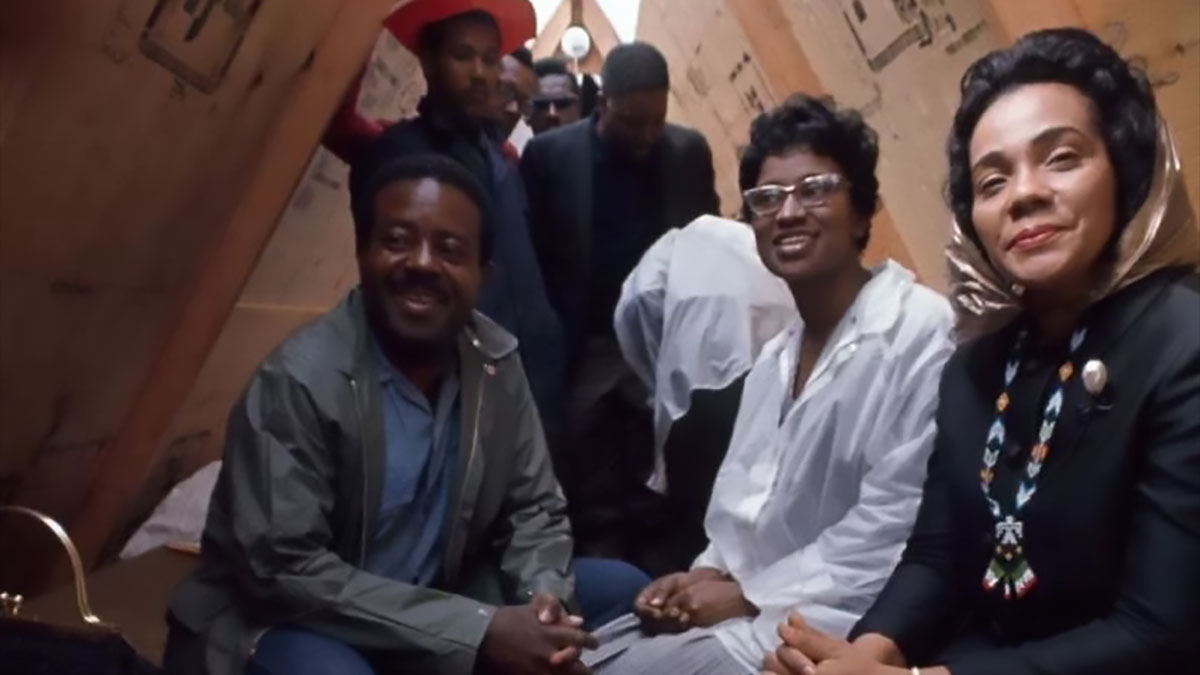
Dec. 4, 1967

Martin Luther King, Jr. announced creation of the Southern Christian Leadership Conference’s Poor People’s Campaign, a movement to broadly address economic inequalities with nonviolent direct action.
“It must not be just Black people,” argued King, “it must be all poor people. We must include American Indians, Puerto Ricans, Mexicans and even poor whites.”
The idea for the push came from Marian Wright Edelman, who had recently taken U.S. Senator Robert F. Kennedy to witness poverty firsthand in the Mississippi Delta.
When she shared the idea that Washington officials should meet the nation’s most impoverished citizens, King embraced the vision, telling reporters, “We will go there, we will demand to be heard, and we will stay until America responds. If this means forcible repression of our movement, we will confront it, for we have done this before. If this means scorn or ridicule, we embrace it, for that is what America’s poor now receive. If it means jail, we accept it willingly, for the millions of poor already are imprisoned by exploitation and discrimination. … In short, we will be petitioning our government for specific reforms and we intend to build militant, nonviolent actions until that government moves against poverty.”
King talked of a debt that the nation owed Black Americans, who were set free in 1863, “yet they were not given any land to make that freedom meaningful.”
He compared it to an imprisoned man whom authorities learn is innocent, “then going up to the man saying, now you are free. And you don’t give him any bus fare to get to town. You don’t give him any clothes to put on his back. You don’t give him any money to get on his feet in life again. The whole code of jurisprudence would rise up against this and yet, this is what America did to the Black man.”
King didn’t live to see this dream through, assassinated five months later.

